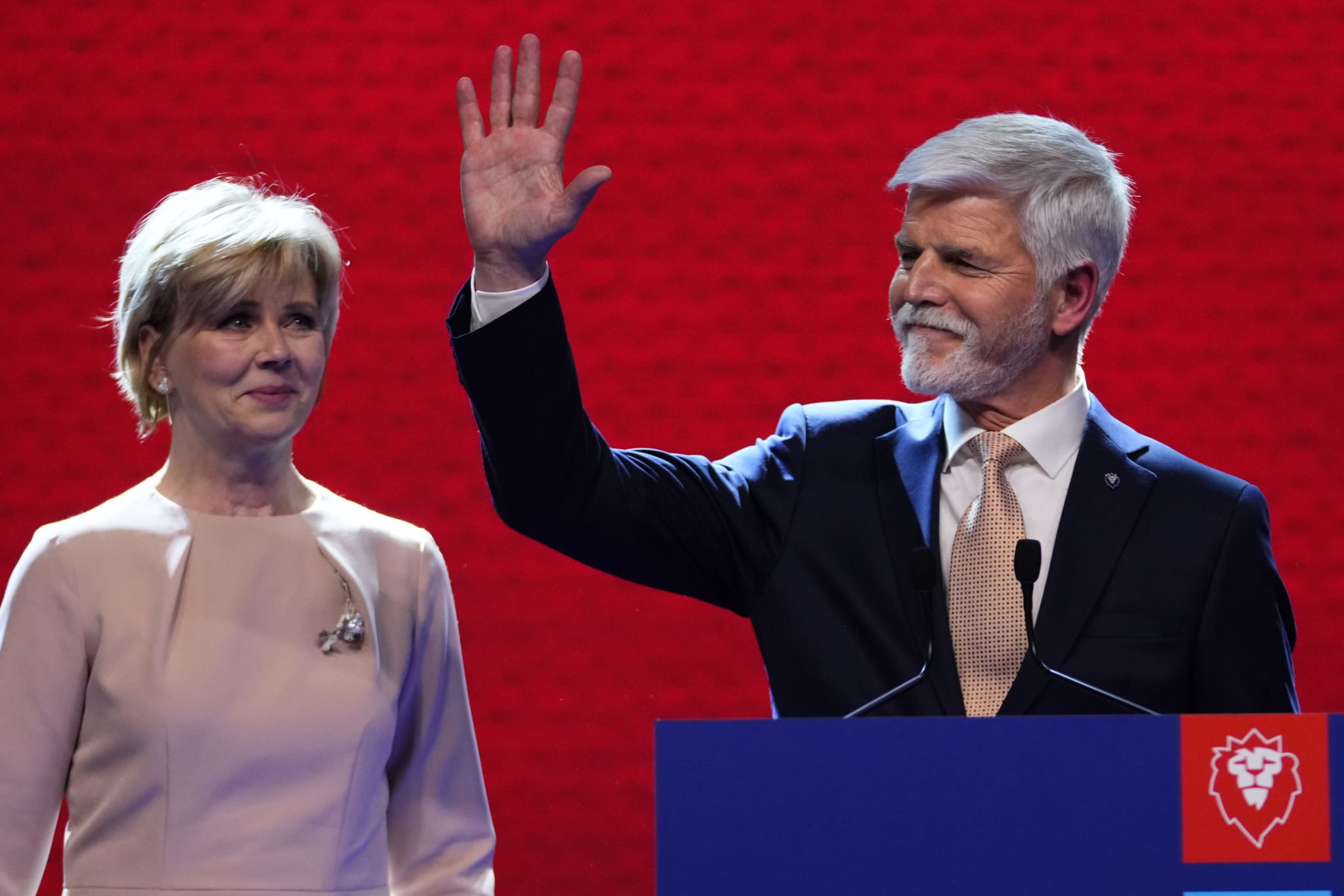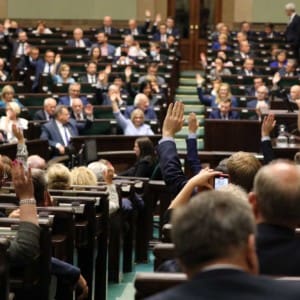Former army chief Petr Pavel will become the next president of the Czech Republic after defeating former Czech Prime Minister Andrej Babiš in this weekend’s presidential election.
Numerous media outlets called the election in favor of Pavel on Saturday afternoon after initial reporting predicted Pavel would win 58 percent of the vote to Babiš’ 42 percent.
“We can already say with certainty that Petr Pavel will be elected president of the Czech Republic today. There will also be a record turnout in the presidential elections,” said Martin Buchtík from the STEM research agency. With 97 percent of the vote counted, turnout remained over 70 percent.
At 4.30 p.m., Babiš tweeted: “Congratulations to Petr Pavel on the win. And I congratulate him on becoming the next president of the Czech Republic.”
Pavel will replace the outgoing President Zeman in Prague Castle on March 8.
Prime Minister Petr Fiala congratulated the retired general on his electoral success claiming the “unity candidate” had been able to “combine different opinions and attitudes and calm conflicts.
“This is extremely important at this time for our successful future together,” Fiala added.
“Our community is a bit wounded, by the campaign, by the concurrence of crises, but also by the style of politics that prevailed here,” Pavel told supporters on Saturday. “Politics of confrontation instead of seeking common solutions. That has to change, I think we have taken the first step on the way to that change,” he added.
Pavel had been the front-runner for the job after receiving the most votes in the first round of the election earlier this month, sparking a run-off between himself and Babiš, the leader of populist ANO movement.
As expected, Pavel won heavily in Prague, attaining more than 76 percent in some precincts, while Babiš proved more popular in more working-class areas such as the industrialized Moravian-Silesian region where the former Czech prime minister won with 53 percent of the vote.
Pavel, who ran as an independent in the election, is a newcomer to the political scene, having served in military roles for much of his career.
The 61-year-old joined the Czech army as a paratrooper back in the 1980s. He was appointed brigadier general in 2002 and was ultimately promoted to chief of the general staff of the Czech armed forces in 2012.
During his time in the military, he served in Bosnia; was a liaison officer at the U.S. headquarters in Qatar during the U.S. invasion of Iraq in 2003; and held numerous diplomatic roles in Belgium, the Netherlands, and the United States. He was nominated by the Czech government in 2014 to serve as chair of the NATO Military Committee until 2018.
In his youth, Pavel admitted to being a member of the Communist Party of Czechoslovakia for more than four years. Most recently, he revealed during the election bid he had voted for the center-right Spolu alliance in the most recent Czech general election. He was subsequently endorsed by the alliance in his bid for Prague Castle.
The former army general has previously expressed his support for Czechia’s EU and NATO membership and is fiercely supportive of Ukraine. He also backs the introduction of euthanasia, same-sex marriage, and adoption rights for homosexuals.





